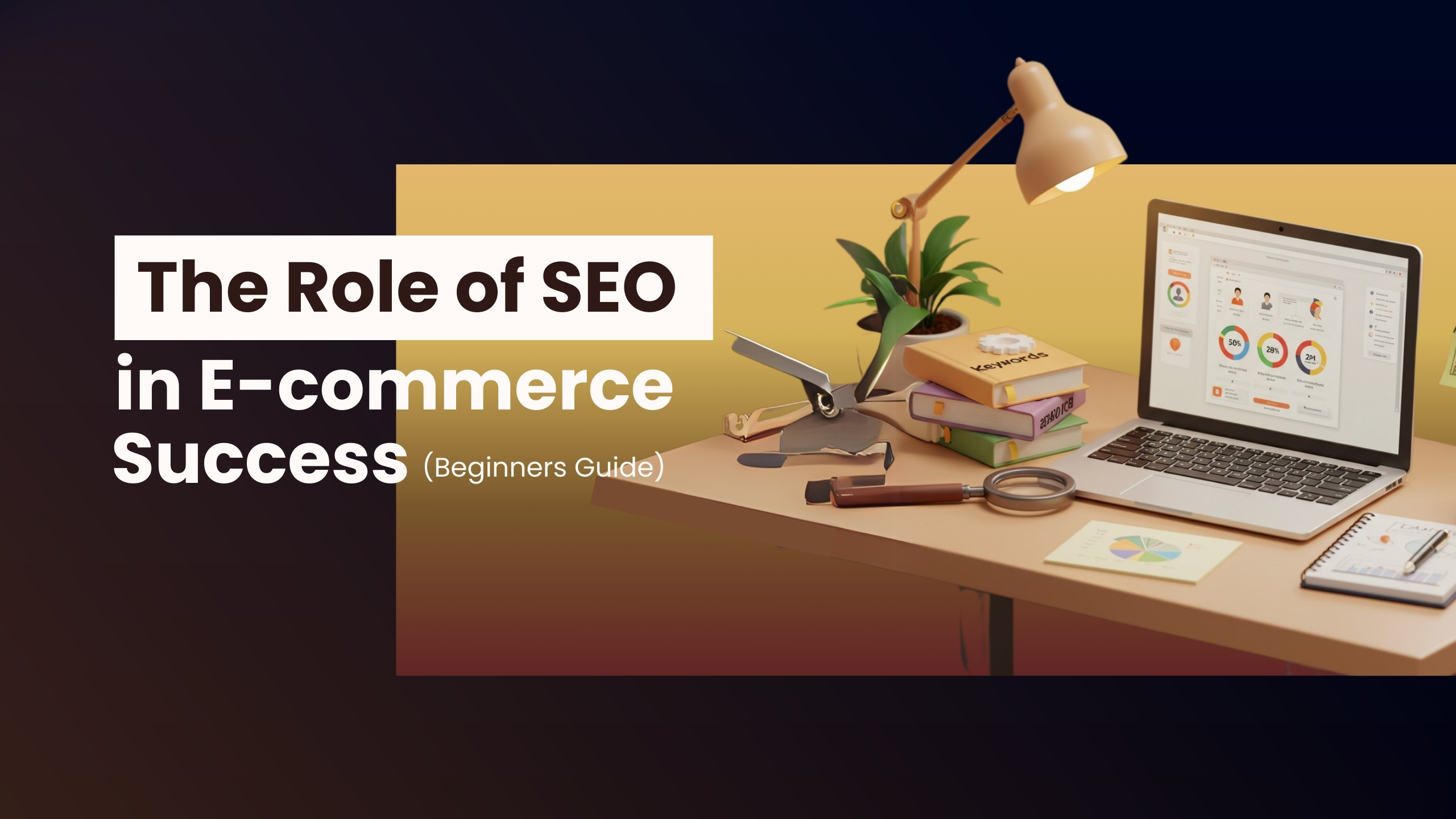The Role of SEO in E-commerce Success: A Beginner’s Guide
Search Engine Optimization (SEO) is the backbone of driving organic traffic to your online store. It ensures your website appears on search engine results pages (SERPs) when potential customers look for products you offer. If you’re new to SEO, don’t worry—this guide will break down simple, actionable strategies to help you boost your e-commerce store’s visibility and attract more customers.
What is SEO and Why Does It Matter?
SEO refers to the process of optimizing your website to rank higher on search engines like Google. Better rankings lead to increased visibility, which translates to more traffic and, ultimately, more sales. In the competitive world of e-commerce, good SEO can set you apart from your competitors.
- Perform Keyword Research
Keywords are the foundation of SEO. They’re the words and phrases people type into search engines when looking for products. Identifying and using the right keywords ensures your store appears in relevant searches.
How to Start:
- Use tools like Google Keyword Planner, Ahrefs, or SEMrush to find popular and relevant keywords in your niche.
- Focus on long-tail keywords (e.g., "affordable running shoes in Australia") as they’re less competitive and more targeted.
- Integrate these keywords naturally into your product titles, descriptions, and blog posts.
- Optimize Product Pages
Your product pages are the heart of your store. Properly optimizing them can significantly impact your rankings and conversions.
Key Tips:
- Write unique, detailed product descriptions that include relevant keywords.
- Add high-quality images with descriptive alt text.
- Ensure your product titles are clear and keyword-rich.
- Use user-friendly URLs, e.g., yourstore.com/comfortable-running-shoes
- Improve Site Speed
A slow-loading website can hurt both your SEO and user experience. Search engines prioritize fast websites, and so do customers.
Quick Fixes:
- Compress images to reduce their file size.
- Use a reliable hosting service.
- Minimize the use of unnecessary plugins and scripts.
- Enable browser caching and use a Content Delivery Network (CDN).
- Create High-Quality Content
Content marketing is an effective way to boost your SEO. By providing valuable content, you can attract more visitors and establish your authority in your niche.
Ideas to Explore:
- Start a blog sharing tips, guides, and industry insights.
- Write "how-to" articles that address common customer questions.
- Publish customer success stories or product tutorials.
- Build Backlinks
Backlinks—links from other websites to yours—signal to search engines that your site is trustworthy and valuable.
How to Build Backlinks:
- Partner with influencers or bloggers in your niche.
- Write guest posts for reputable websites.
- Share your content on social media to encourage others to link to it.
- Focus on Mobile Optimization
With most online shopping done on mobile devices, having a mobile-friendly website is non-negotiable.
Steps to Optimize:
- Use responsive design to ensure your site adapts to all screen sizes.
- Simplify navigation and checkout processes.
- Test your site’s mobile performance using tools like Google’s Mobile-Friendly Test.
- Monitor Your Progress
SEO isn’t a one-time effort. Regularly track your performance to understand what’s working and where you need improvement.
Tools to Use:
- Google Analytics: Tracks traffic and user behavior.
- Google Search Console: Monitors your site’s performance on search engines.
- SEO Tools: Ahrefs, SEMrush, or Moz for detailed insights.
Final Thoughts
Mastering SEO takes time, but the rewards are worth it. By implementing these beginner-friendly strategies, you can improve your store’s visibility, attract more customers, and boost your revenue. Remember, consistency is key, so keep optimizing and monitoring your efforts for long-term success.

